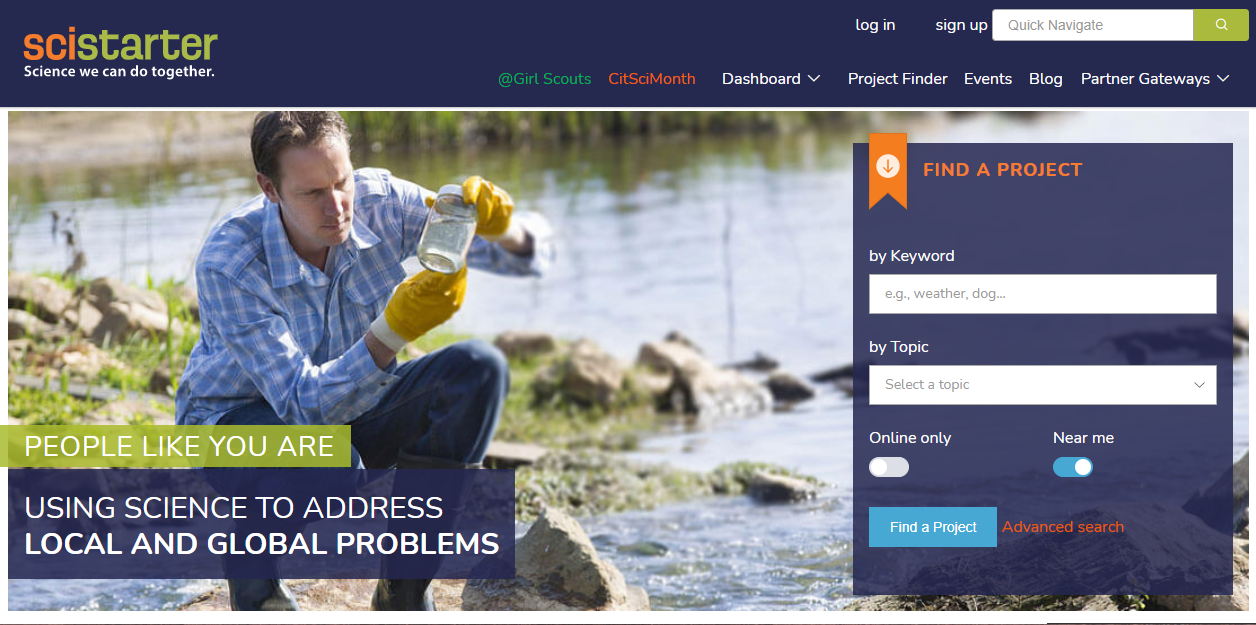Why is it relevant?
Many previous initiatives may have already addressed questions or problems similar to the ones that you wish to address. They can provide useful examples, a good starting point for your own initiative and research, as well as the opportunity to build on or expand on data and knowledge that are already available, so that you can focus on filling the gaps, not reinventing the wheel.
Where can I find these examples?
While there are now many examples of Citizen Observatories (and similar initiatives), as well as a developed background literature on the topic, there are several ways in which you can find out what data and knowledge exist already. In particular, online search tools provide a useful way in which to begin your search.
Useful Resources
PROJECT REPORTS: From our research into the EU Landscape of Citizen Observatories within the WeObserve project, we produced three reports: a report that outlines frameworks which can be used to describe and compare Citizen Observatories, a report on the insights from the experiences of Citizen Observatories, and a roadmap report that sets the stage for future Citizen Observatories.
LANDSCAPE REPORT DATA FILE: The 2016 report by the Finnish Environment Institute on Citizen Observatories contained a database of all of the Citizen Observatories that they discovered during their survey of the landscape of Citizen Observatories, many of which are still active.
DATA INVENTORY: The European Union’s Joint Research Commission has compiled an Inventory of citizen science activities for environmental policies, many of which can be considered to be Citizen Observatories.
DATA HANDBOOK: The Afrialliance Data Collection Handbook a practical manual focusing on the development sector and the collection of data, mainly by people, and covers the main elements to consider when designing and implementing a data collection project.
CoP: The WeObserve Co-design & Engage Community of Practice brings together practitioners of Citizen Observatories and citizen science to share and learn different ways of engaging stakeholders in Citizen Observatories.
You may also be interested in:
I want to know what data and knowledge we need…
This work by parties of the WeObserve consortium is licensed under a Creative Commons Attribution-ShareAlike 4.0 International License. ![]()

